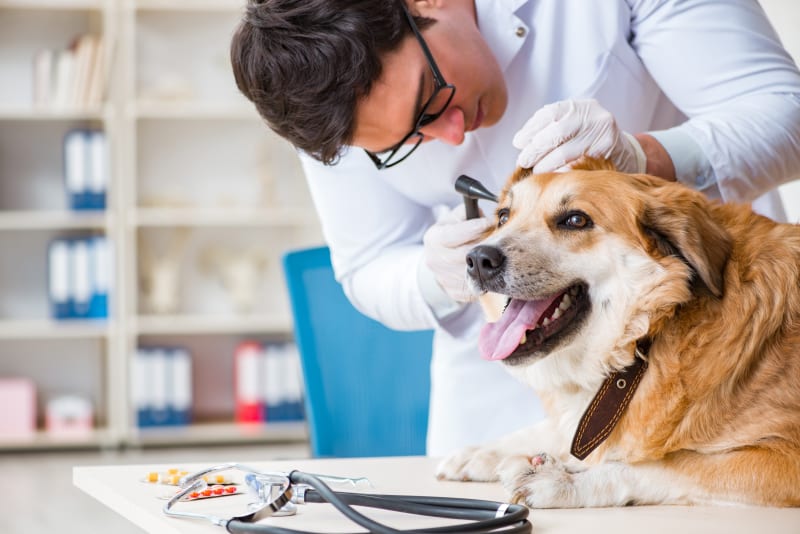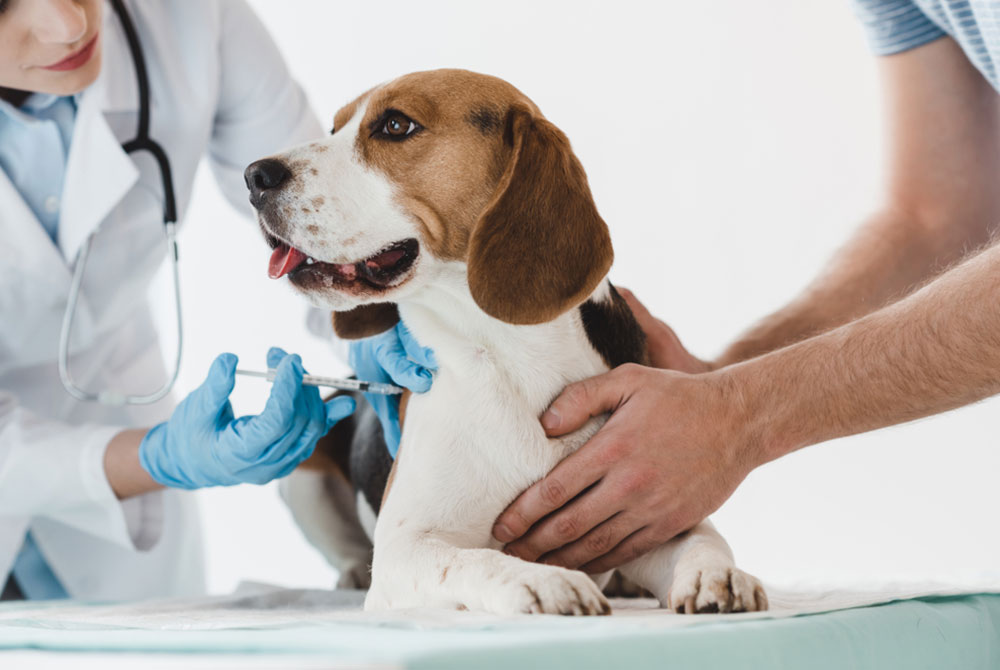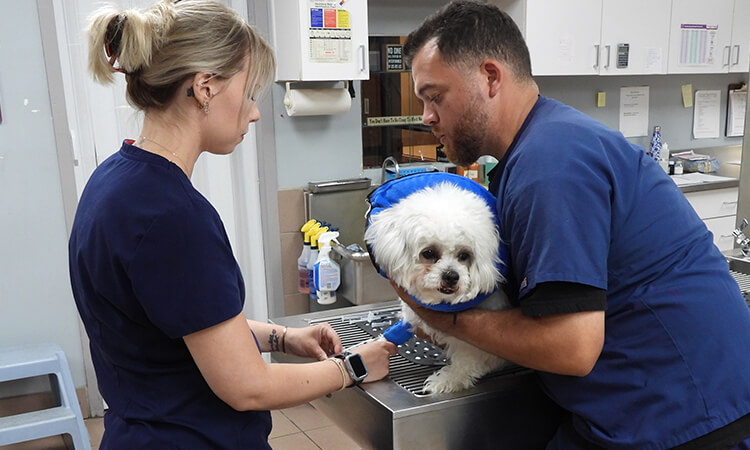“An ounce of prevention is worth a pound of cure.” This timeless wisdom from Benjamin Franklin holds especially true when it comes to the health of our furry companions. Regular veterinary visits are essential for maintaining the overall well-being of dogs, helping to catch potential health issues early, and ensuring a longer, happier life for your beloved pet.
The Lifesaving Benefits of Regular Check-ups
Routine veterinary visits are crucial for early detection and prevention of diseases. Studies show that dogs who receive regular veterinary care live longer and healthier lives. According to the American Veterinary Medical Association (AVMA), annual or bi-annual check-ups can significantly reduce the risk of serious health problems by allowing veterinarians to spot early signs of illness. This proactive approach can save your dog from unnecessary suffering and costly treatments down the road.

Comprehensive Health Assessments
During a regular veterinary visit, a comprehensive health assessment is conducted. This includes a thorough physical examination, checking for abnormalities in weight, skin, coat, eyes, ears, teeth, and overall body condition. Blood tests, urinalysis, and other diagnostic tests may also be performed to detect hidden issues that aren’t visible during a physical exam. These tests can identify problems such as diabetes, kidney disease, and infections at an early stage, making treatment more effective.
Vaccinations and Preventative Care
Vaccinations are a cornerstone of preventative health care. They protect dogs from a variety of contagious and potentially fatal diseases like rabies, parvovirus, and distemper. During your dog’s regular vet visits, the veterinarian will ensure that vaccinations are up-to-date based on your dog’s age, lifestyle, and risk factors. Additionally, preventative care such as flea, tick, and heartworm prevention will be discussed and prescribed as needed to keep your dog free from parasites and the diseases they carry.

Dental Health
Oral health is a critical yet often overlooked aspect of a dog’s overall health. Dental disease is common in dogs and can lead to serious health issues if left untreated. Regular veterinary visits include dental check-ups where the vet can identify and treat dental problems early. Professional cleanings and at-home dental care recommendations can prevent plaque buildup, gingivitis, and periodontal disease, ensuring your dog’s teeth and gums remain healthy.
Nutritional Counseling
Proper nutrition is vital for a dog’s health, affecting everything from their energy levels to the condition of their coat. During a veterinary visit, your vet can provide tailored nutritional advice based on your dog’s specific needs, age, breed, and health condition. They can help you choose the right diet and supplements to keep your dog at an optimal weight and prevent diet-related health issues such as obesity and malnutrition.
Behavioral Assessments
Behavioral issues are a common concern for dog owners and can significantly impact the quality of life for both the pet and the owner. Regular veterinary visits offer an opportunity to discuss any behavioral problems you might be facing. Veterinarians can provide insights, recommend training strategies, or refer you to a veterinary behaviorist if needed. Addressing behavioral issues early can prevent them from escalating and improve the bond between you and your dog.
Senior Dog Care
As dogs age, their health care needs change. Regular veterinary visits become even more crucial for senior dogs to monitor for age-related conditions such as arthritis, cognitive decline, and organ dysfunction. Vets can provide pain management solutions, dietary adjustments, and other supportive care to ensure your senior dog enjoys a comfortable and fulfilling life.

Overcoming Common Challenges
While the benefits of regular veterinary visits are clear, many dog owners face challenges in maintaining this routine. These can include financial constraints, busy schedules, and anxiety about vet visits. Here are some solutions:
- Financial Planning: Consider pet insurance or savings plans to manage the costs of regular vet visits and unexpected health issues.
- Scheduling: Set reminders and plan vet visits during less busy times to ensure you can commit to your dog’s health care.
- Reducing Anxiety: Acclimate your dog to car rides and vet visits by making the experiences positive with treats and praise. Some vets offer stress-free or fear-free certifications, focusing on minimizing pet anxiety.
Final Thoughts
Regular veterinary visits are a fundamental aspect of responsible dog ownership, playing a critical role in preventive health care and early disease detection. By prioritizing these visits, you invest in your dog’s longevity and quality of life. A healthy dog is a happy dog, and maintaining regular vet check-ups ensures you both enjoy many joyful years together.





















